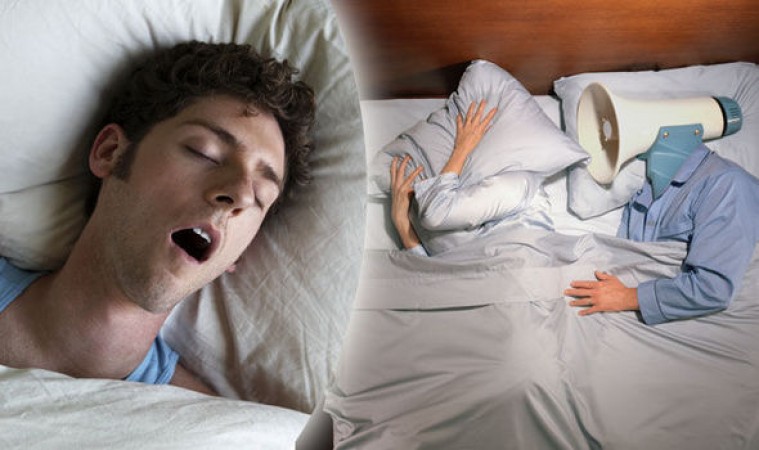Snoring can be more than just an annoying nighttime disturbance. For many, it's a sign of underlying health issues that can affect both the quality of sleep and overall well-being. In this article, we'll explore the causes of intractable snoring and discuss effective treatments to alleviate respiratory and heartburn symptoms at night.
Understanding Intractable Snoring
What is Intractable Snoring?
Intractable snoring refers to snoring that is persistent and difficult to manage. Unlike occasional snoring, which can happen to anyone, intractable snoring is chronic and often linked to more severe health concerns.
The Causes of Intractable Snoring
Intractable snoring can have various root causes, including:
1. Obesity
- Excess weight can lead to the accumulation of fatty tissues in the throat, narrowing the airway and causing snoring.
2. Sleep Position
- Sleeping on your back can cause the tongue and soft palate to collapse to the back of the throat, obstructing airflow.
3. Alcohol and Sedatives
- The consumption of alcohol and sedatives relaxes the throat muscles, increasing the likelihood of snoring.
4. Nasal Congestion
- Allergies or sinus problems can block nasal passages, forcing you to breathe through your mouth and snore.
5. Sleep Apnea
- In some cases, intractable snoring may be a symptom of sleep apnea, a serious sleep disorder characterized by repeated pauses in breathing.
Treating Intractable Snoring
Lifestyle Modifications
1. Weight Management
- Losing excess weight through a balanced diet and regular exercise can reduce fatty tissue in the throat and alleviate snoring.
2. Sleep Position
- Sleeping on your side can help prevent the collapse of throat tissues, reducing snoring.
3. Limit Alcohol and Sedatives
- Reducing or eliminating alcohol and sedatives, especially before bedtime, can minimize muscle relaxation and snoring.
4. Nasal Congestion Relief
- Treating allergies or sinus issues can help keep nasal passages clear, promoting easier breathing through the nose.
Medical Interventions
1. Continuous Positive Airway Pressure (CPAP)
- CPAP machines provide a continuous flow of air through a mask, keeping airways open and preventing snoring. It's a common treatment for sleep apnea.
2. Oral Appliances
- Dentists can provide custom-made oral devices that reposition the jaw and tongue to improve airflow and reduce snoring.
3. Surgery
- In severe cases, surgical interventions may be necessary to remove excess tissue, correct structural issues, or implant devices to prevent snoring.
The Importance of Treating Intractable Snoring
Intractable snoring isn't just a disturbance to your sleep or your partner's sleep; it can also have serious health implications. Untreated snoring can lead to:
1. Cardiovascular Problems
- Snoring, especially when associated with sleep apnea, increases the risk of heart disease and high blood pressure.
2. Daytime Fatigue
- Poor sleep quality due to snoring can result in daytime fatigue, affecting your productivity and quality of life.
3. Relationship Strain
- Frequent snoring can strain relationships, causing frustration and sleep disturbances for both partners.
Intractable snoring is a common issue that can significantly impact your health and daily life. By understanding its causes and exploring effective treatments, you can find relief from respiratory and heartburn symptoms at night, leading to better sleep and improved overall well-being.
Remember, snoring should not be ignored, as it may be a sign of more serious underlying health conditions. If intractable snoring persists despite lifestyle changes, consult a healthcare professional for a comprehensive evaluation and personalized treatment plan.
5 Tips to Manage Blood Sugar During Festive Holidays
Obesity and Hypertension: Risk Factors for Flat Feet
9 Foods to Naturally Boost Testosterone in Men
